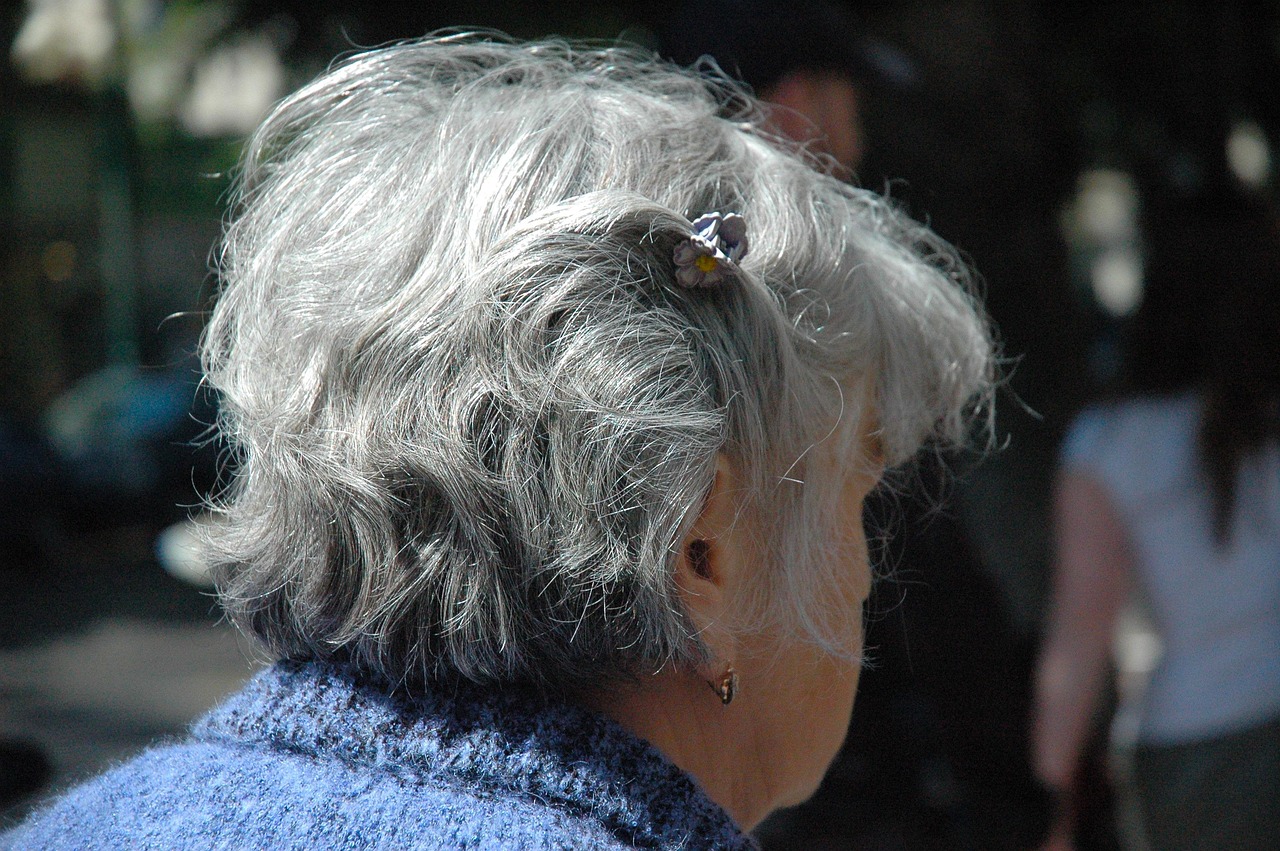Reframing the Perception of Aging in Modern Society
In an era where youth is frequently idolized, it's time to take a closer look at how we perceive aging and the elderly. Read below to explore this intriguing topic that bridges the past, present, and future. Aging, a natural process intrinsic to all living organisms, has been perceived differently across various time periods and cultures. In ancient societies, old age was often venerated, with the elderly seen as repositories of wisdom and experience. However, with the advent of the Industrial Revolution and the prioritization of physical labor, the perception of aging began to shift. This shift has been further propelled by the modern consumer culture that often equates youth with beauty, desirability, and success.

The Current Societal Perspective
The present societal landscape often frames aging as a decline, both physically and cognitively. Stereotypes and misconceptions about the elderly abound, leading to a phenomenon known as ageism. Ageism, as research confirms, can have detrimental impacts not just on the elderly, but on society as a whole. It fosters division and misunderstanding, undermining the potential benefits of intergenerational interaction and cooperation.
The Social Movement Reevaluating Aging
In response to these prevailing attitudes, a social movement is emerging that seeks to reframe the narrative around aging. Advocates argue that aging should not be viewed as a decline, but as a different stage of life with its own unique opportunities and challenges. This movement posits that the elderly have much to contribute, in terms of wisdom, experience, and even economic activity. It calls for societal structures and attitudes to evolve, in order to better accommodate and value the elderly population.
The Implications of Reframing Aging
Reframing aging has far-reaching implications for our society. It challenges us to rethink our values, our policies, and even our personal attitudes. It encourages us to recognize the potential and worth of every individual, regardless of age. Moreover, it raises important questions about what constitutes a meaningful and fulfilling life. As our population ages, these discussions will be critical in shaping a more inclusive and equitable society.
A Forward-Thinking Approach
As we move forward, a more balanced and nuanced understanding of aging is needed. This involves acknowledging the challenges associated with aging while also recognizing the value and potential of the elderly. By doing so, we can foster a society that respects and values all its members, paving the way for a more inclusive future.
In conclusion, reframing the perception of aging is not just about changing attitudes towards the elderly. It is about fostering a society that values all stages of life and recognizes the inherent dignity and worth of every individual. This shift in perspective is not just beneficial, but essential, as we navigate the complexities of our modern world.






